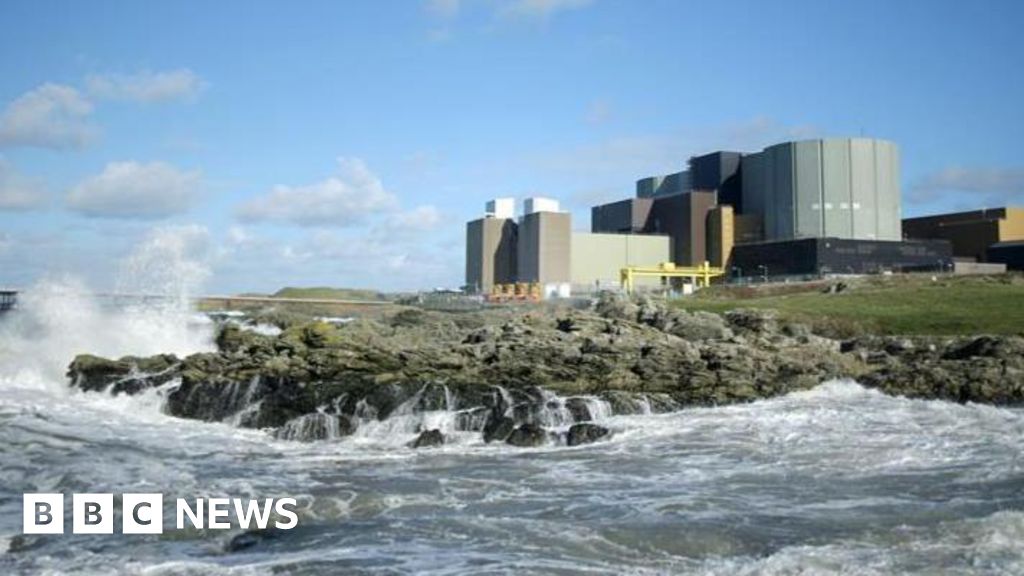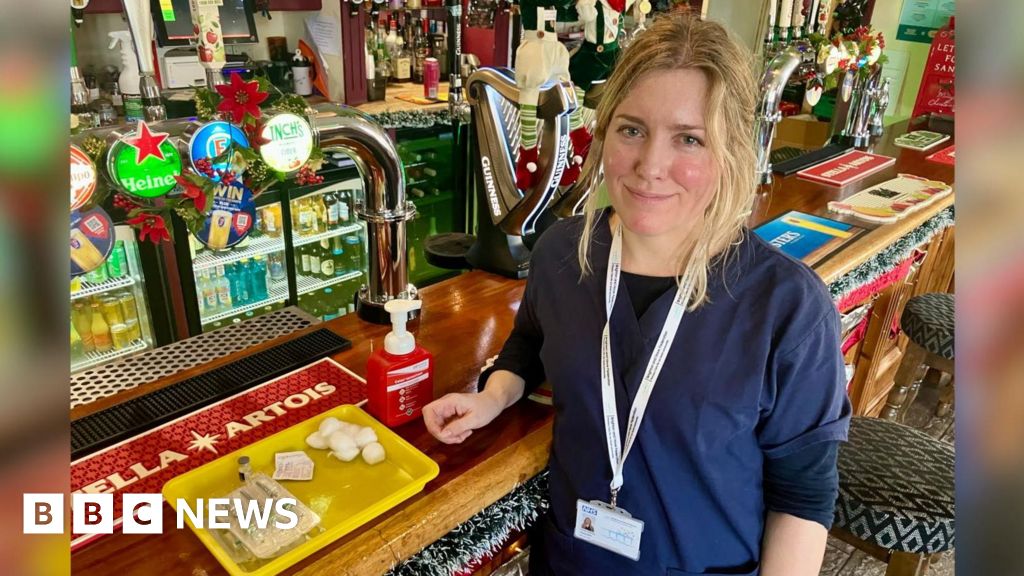‘No blank cheques’: Rachel Reeves defends pay deals with unions | Labour
- Politics
- August 23, 2024
- No Comment
- 135
Rachel Reeves has insisted there will be “no blank cheques” for public sector unions amid Conservative claims that the government’s attempt to end long-running strikes has made it a soft touch.
The chancellor said there had been no caving in to train drivers and junior doctors, and defended her decision to accept recommendations of pay review bodies for real-terms increases for the police, teachers and the armed forces on the grounds that they were needed to recruit and retain staff.
Interviewed on a visit to Liverpool to see a new rent-to-buy housing development in the city’s docklands, the chancellor dropped a strong hint that she intended to give herself extra scope to borrow by changing the definition of how debt is calculated to meet the government’s self-imposed fiscal rules.
Reeves stressed that the budget would contain tough tax, spending and welfare measures but said she wanted to be seen as a chancellor who took the “fair and right decisions”.
James Cleverly, one of the candidates to be the new Conservative party leader, said Labour had been “played by its union paymasters” after the pay deal offered to Aslef train drivers, but Reeves said ministers wanted to “draw a line” under strikes that had proved costly for the economy.
The public needed to know trains would arrive and that hospital appointments they had been waiting months for would not be cancelled, she said. “We have not caved in to any demands. We haven’t done so with the train drivers or the junior doctors.”
Reeves said she made no apology for ensuring that, for the first time in a decade, police officers, the armed forces and teachers would get an above-inflation pay rise. “There are massive recruitment and retention problems across the armed forces, teaching and the NHS,” she said, adding that the cost of not increasing pay in line with the recommendations of pay review bodies would have been “very damaging”.
Some public sector unions have been pressing for “pay restoration” that would award above-inflation deals to public sector workers to make up for a decade of cuts. “Keir Starmer and I decide our policy, not the trade unions. There are no blank cheques,” the chancellor said.
Reeves has also been under pressure from anti-poverty campaigners and some Labour MPs to scrap the two-child benefit cap, but gave no commitment about when or whether she would do so.
“There is an awful lot of stuff we wouldn’t have done, but it is not possible to reverse 14 years of damage in one budget. We have huge problems. We can’t do everything people want us to do or that we would like to do.”
The chancellor strongly rejected the idea that she was repeating the same austerity programme imposed by George Osborne when he arrived at the Treasury in 2010. “I have just given the first real-terms pay increase to public sector workers in 10 years. That’s not austerity.”
Reeves said her tough budget had been forced on her by the poor state of the public finances. “I sometimes think George Osborne relished the opportunity to shrink the state and to make cuts. I don’t feel any of that relish”.
One likely budget change involves the government’s debt rule. At present the rule – which says public debt should be falling as a proportion of national income within five years – includes payments to indemnify losses made by the Bank of England on its bond-buying operations. Economists have said removing the Bank from the debt definition would allow Reeves to borrow up to £20bn more each year.
after newsletter promotion
The chancellor said she considered the debt rule less important than her other measure of financial sustainability – that day-to-day state spending should be covered by tax receipts – and added: “We will set out the precise way to measure debt in the budget in October. It is reasonable for the government to borrow to invest.”
Reeves justified last month’s decision to scrap road, rail and hospital projects on the grounds that the previous government had not allocated the funds for them. “You can’t deliver projects on the never-never. I am not going to make pledges without saying where the money is coming from.”
Growth has been strong in the first two quarters of 2024 but Reeves said: “The growth numbers are what they are but they don’t reverse all the damage that has been done.”
“The big challenge is the public finances. Are we spending more than we are bringing in? Are the public finances on a trajectory consistent with the stability we need as a country to pay our way in the world? And if we carry on like this, they won’t be.”
The chancellor said slow growth was the reason taxes were at their highest for 70 years and public services were on their knees. A “couple of quarters of growth after a recession” did not change the underlying picture.
“I am going to have to take difficult decisions. I don’t relish them but I am ready for them. I will do what it takes to put the public finances on a firmer footing. My job as chancellor is to make sure the sums add up.”
#blank #cheques #Rachel #Reeves #defends #pay #deals #unions #Labour









